Germany, France, Scotland, Brazil and many more are all countries where college is free. Their governments have decided to subsidize education. If a student works hard, or if they have ambition, they are able to graduate university and start their post-education lives on the right foot: free of debt.

Germany, France, Scotland, Brazil and many more are all countries where college is free. Their governments have decided to subsidize education. If a student works hard, or if they have ambition, they are able to graduate university and start their post-education lives on the right foot: free of debt.
Free education, or “sponsored education,” doesn’t take much from a government. Whether or not a government like the United States decides to take part depends almost solely on perception and opinion.
But, why wouldn’t we invest in education? An educated youth is crucial for a well-developed and successful society.
A large part of why we need to make university a realistic option for everyone is that college education is now essential in maintaining success. Twenty years ago it was not necessary to have a college education to be successful or part of the middle class. Now it is almost mandatory if you want the same social standing.
There is one overwhelmingly clear reason for investing in education: it follows our values and puts stock into “the American dream.” If everyone, no matter how poor or financially unstable they are, can get a college level education, then everyone will at least have an opportunity to move up in the world.
Chief Justice Earl Warren said in Brown v. Board of Education that “in these days, it is doubtful that any child may reasonably be expected to succeed in life if he is denied the opportunities of an education. Such an opportunity, where the state has undertaken to provide it, is a right that must be made available on equal terms.”
Yet, still today, education is not available to all of equal terms. Many people, even if they get into their first choice school, are either not able to afford it, or they are and end up with hundreds of thousands of dollars in debt.
There is no other choice for many, and so they will sometimes fall short in reaching their goals. It is a situation where the denying is not explicit; instead, it simply forces some students to choose between a “rock and a hard place.”
Not only does not giving our tax money towards a less expensive education hurt the students, in the end it has an effect that many may not even be aware of. This would be known as the “school-to-prison pipeline.”
The school-to-prison pipeline is a term for a collection of data proving that students without an education (college or high school) are more likely to end up going to prison than those who do.
In fact, 68 percent of all males in state or federal prison do not have a high school diploma. This statistic, along with many others, shows the toll a society will take if does not prioritize education as an investment.
Many of the students who are on track to graduate high school and maybe even go to college, but don’t, are likely the ones that need the most help. Many students that are “pushed out” of our education system for small infractions, or because of the zero tolerance policies, have learning disabilities and histories of poverty.
This may be part of the reason why the United States has the highest incarceration rate in the world. If we put more money into making sure all students can afford to go to college then we will be able to spend less on our prison system.
Practically, this change could happen in many different ways. We could follow Germany or Brazil and use tax money and other federal money to subsidize university completely, or even partly.
Or, we could do something similar to what Australia does: not make tuition less costly, but rather debt. In Australia, they base the amount of money you have to pay back on your yearly earnings, so if you graduate college and are unable to find a job, you’re not going to also have tremendous students loans hanging over your head.
We are at a key moment in the history of America. This choice is likely to be a turning point in whether we allow the “American Dream” to be achievable, or let it slip through our fingers. We must help the future leaders of our country be a group of people we can trust to be educated and informed.

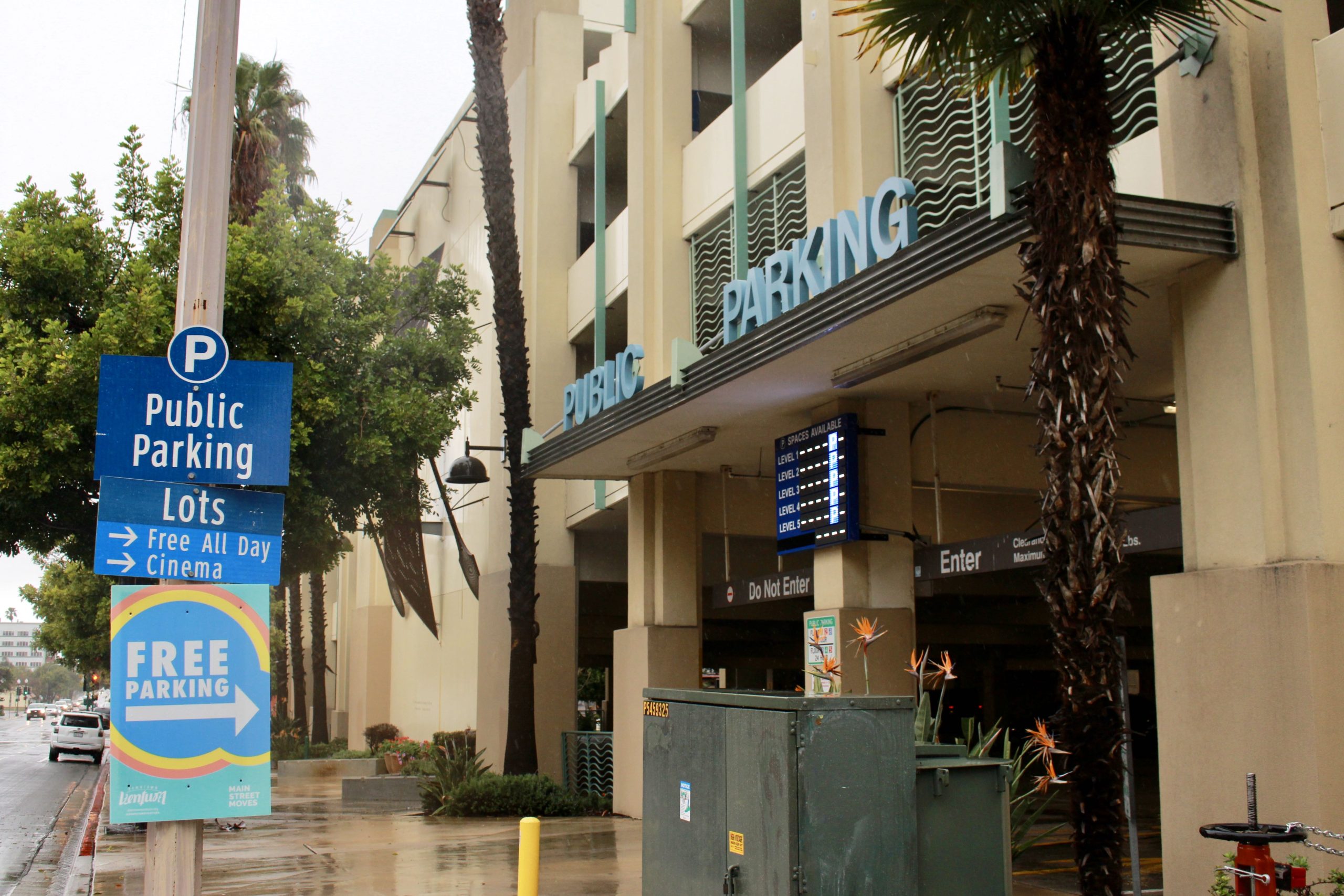



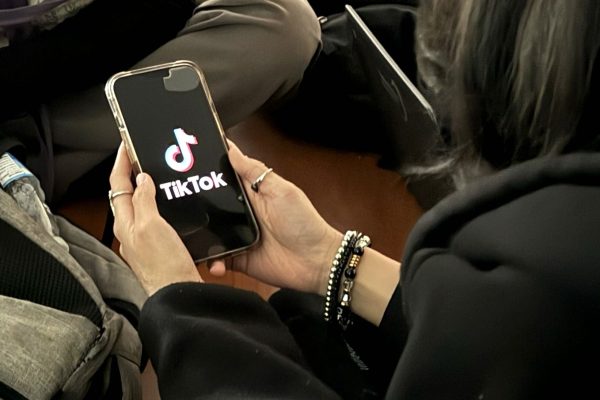


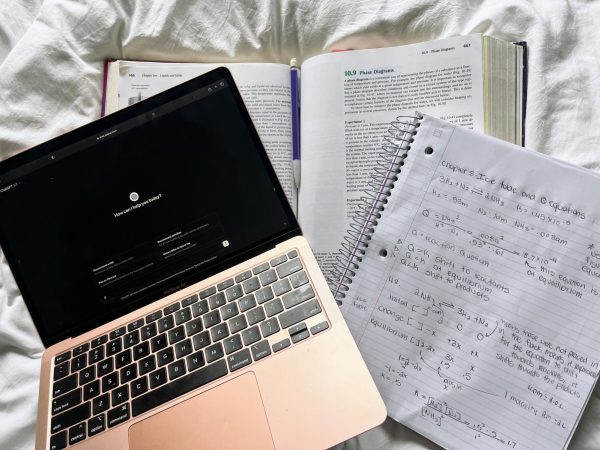


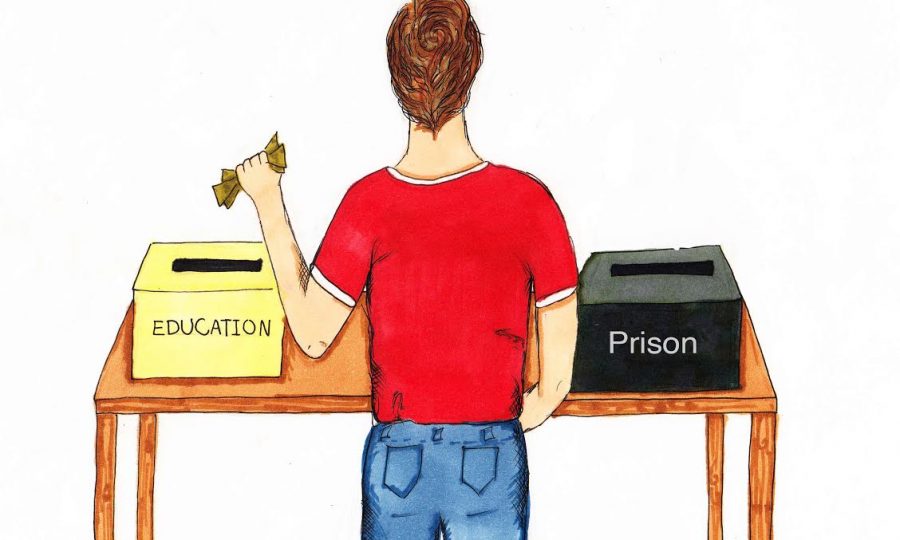
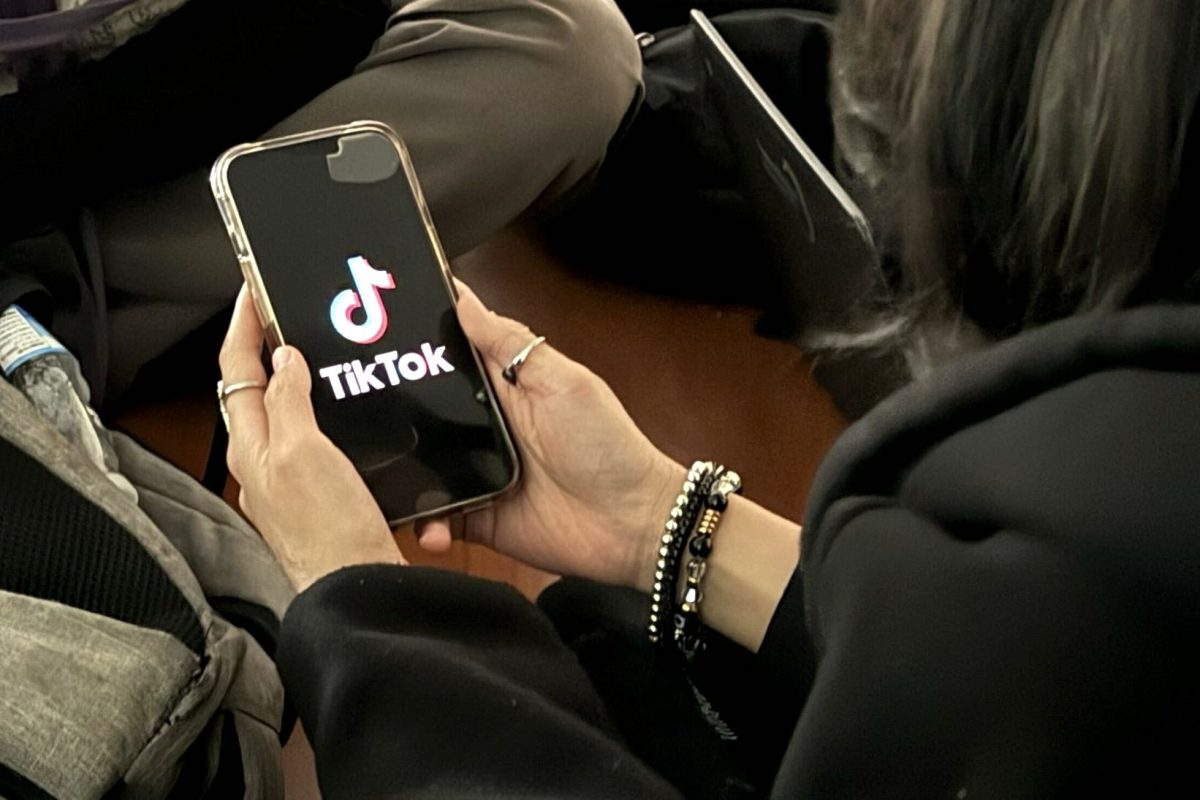



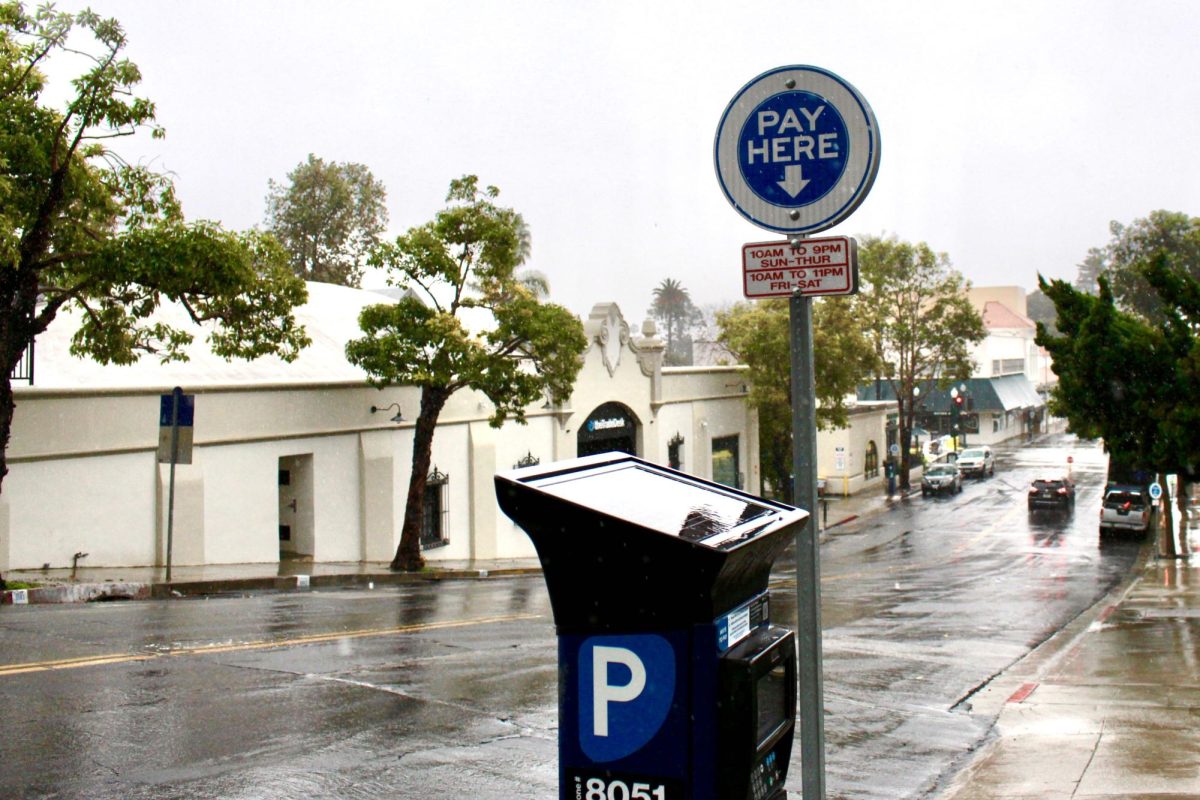



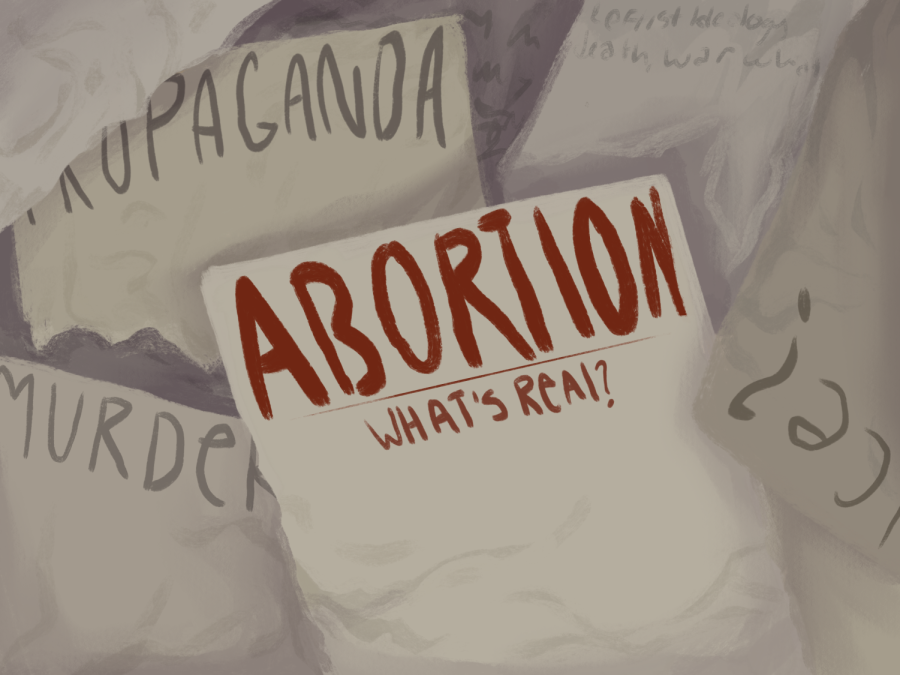


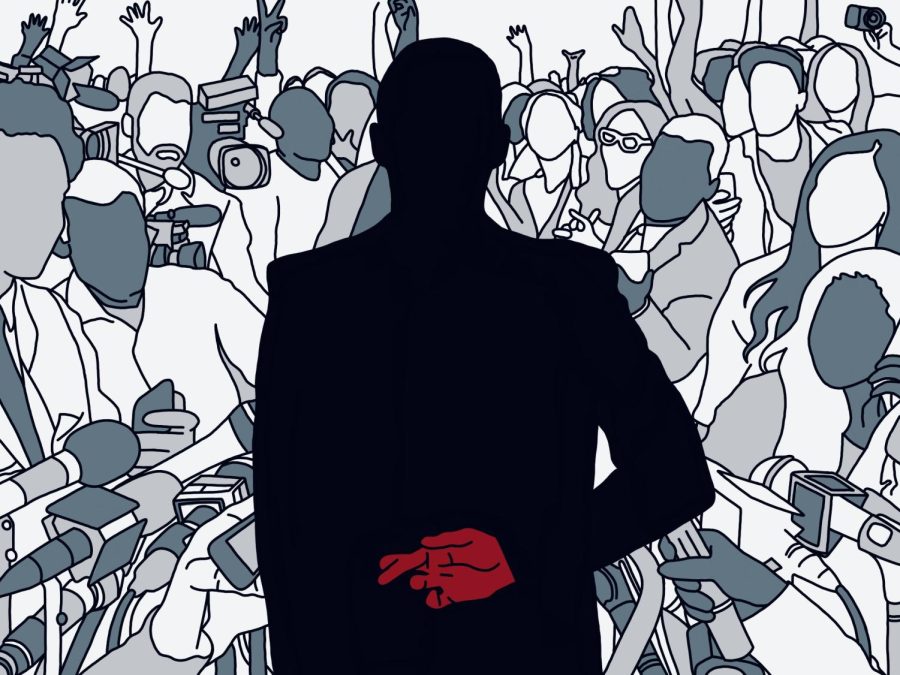

Former Student • Sep 10, 2015 at 12:06 pm
You bring up many fantastic points, although what if an individual chooses not to attend any additional education after public schooling has concluded? What if they choose to attend a trade school, or are employed directly out of high-school?
Do you then see it as morally-just to force them to pay for the education of others? Or should a college education simply be compulsory?
I would personally prefer a decade of student debt that would eventually diminish, rather than an increase in a lifetime of State-induced and enforced taxation policies.